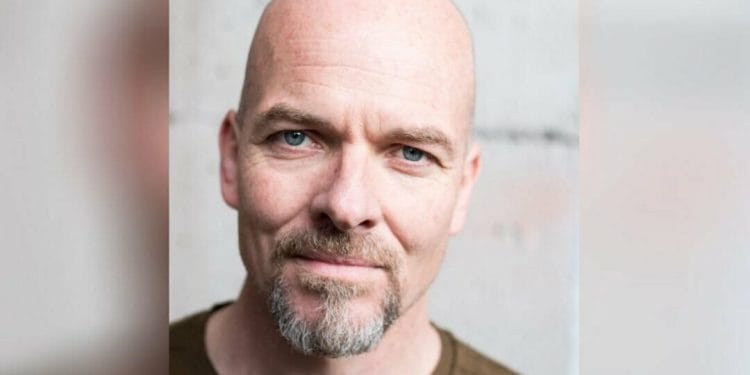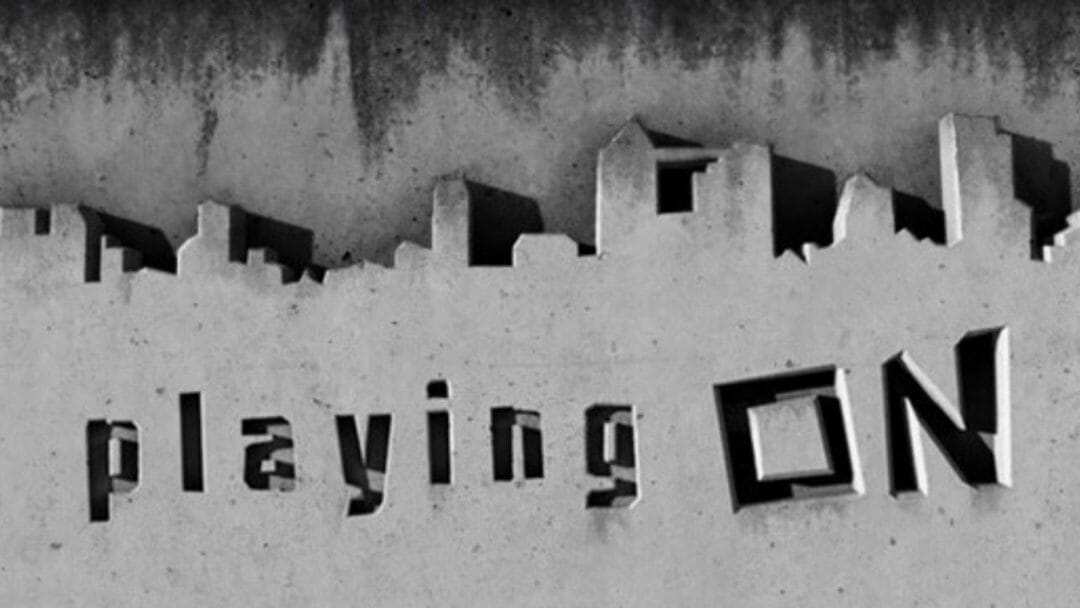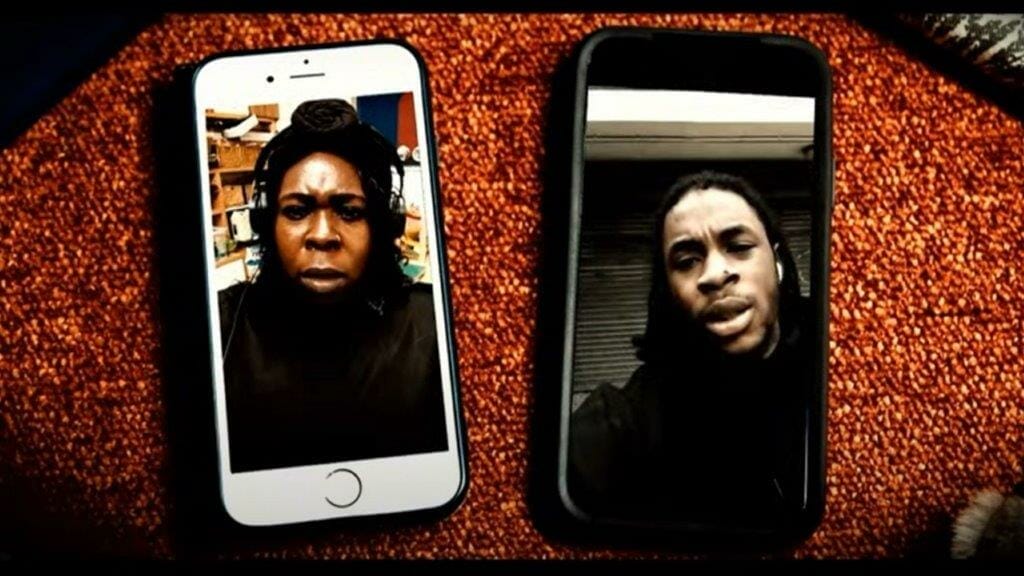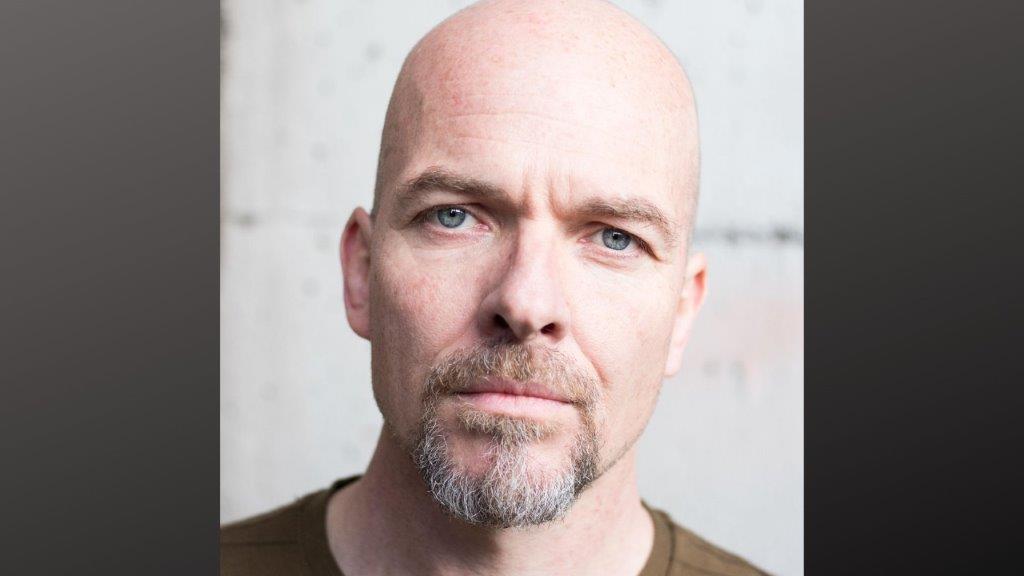Playing ON Theatre Company celebrates their 10th anniversary in a year like no other. Originally founded by Jim Pope and Philip Osment, Playing ON marks this milestone by looking to the future, providing new training and education schemes and developing their community of associates.
Playing ON have produced three full-scale theatre productions to date and worked with prisoners and prison staff, mental health service users and NHS staff, hospital patients, drama students, those in recovery for addiction, young people in care and youth offending teams.
More information about Playing ON can be found here
Playing ON is celebrating its 10th anniversary, tell us about the company and what inspired you to found it originally?
When I was working at the National Youth Theatre, I created a programme of learning called the Playing Up course for young people not in education, employment or training, which continues to give hope to many young people who would not normally have the opportunity to train in the arts. I joined with Philip Osment and after extensive research in young offenders’ institutes around London, he wrote the play INSIDE for students on the Playing Up course, several of whom had direct experience of the criminal justice system. Once they had graduated, Philip and I formed Playing ON and staged a professional production at the Roundhouse in Camden.
In the short term we wanted to provide professional development for the cast. We had received Arts Council funding with some additional funds to deliver a theatre engagement programme with MAC-UK, a local mental health charity for young people at risk of gang involvement. Our longer-term vision was to create a permanent company, which would enable disenfranchised people to have their voices heard in community spaces and in theatres. Philip sadly passed away last year but his legacy lives on and his contribution to the way we have grown is at the centre of everything we do.
Why has it been so important to you to support disenfranchised individuals?
I think our main priority is to work with whole groups where there is disenfranchisement. At the moment, for example we are running a typically diverse theatre devising programme with East London NHS Foundation Trust. In the group we have psychiatrists, occupational therapists, patients and peer support workers all making theatre together as actors and collaborators. The work we do can help people break down personal barriers and learn things about themselves and others. There is a strong feeling among many that people’s voices are not heard by those who have the power to affect change and our methodology offers a very immediate way to provide a platform. The only equipment needed is people and the desire to communicate.
Meaningful engagement with community groups is also important so that our professional productions are infused with the authenticity. It has to be more than a bit of outreach work and a couple of post-show Q&A’s. Our community events carry as much weight as our theatre performances so that we can open up meaningful dialogue. If we are to offer something which Netflix cannot, we have to use our potential to open up conversations which the community is invested in.
What have been the biggest challenges you’ve faced?
Starting a radical new theatre company was never going to be easy in the aftermath of the financial crash of 2009. We struggled from project to project in the first few years, determined to show that it is possible to use our approach to both encourage community participation and produce high quality new theatre. I had hair at the start of all this! Over the years with each new project, our confidence has grown. We have cemented many valuable relationships, expanding the Playing ON community with associate artists, external partners and other kindred spirits. Although we are getting closer every day, we are not yet in receipt of regular core funding. The times we are living in will bring incredible shortages in public spending. Our ongoing challenge will continue to be communicating the message that keeping someone out of prison or psychiatric care, training NHS staff to make spaces for their own wellbeing, training artists to deliver our work and ultimately producing theatre for all to see will benefit the economy.
What are you most proud of over the last ten years?
During a residential programme which we delivered at the Maudsley Hospital several of the patients were discharged on the strength of the improvisation skills they had shown in a performance. One of the patients said when attending rehearsals; “I’m off now to be mad and I don’t have to be sectioned for it.”
It was nice recently to be nominated for a Children and Young Peoples Award for our Drilling Diamonds project which we ran with young people in Tower Hamlets during lockdown. On a personal note, I received a nomination for an Off West End Award for best director in March for Can I Help You? which was Philip’s last play before he died. It means a lot that someone thinks I have done his work justice as he was the most incredible writer and theatre maker, and his work deserves to live on.
How has 2020 and the pandemic affected the company and its place in the industry?
It has been a complete shock to the system, and I don’t really think we will be able to process what has happened until there is some distance between us and Covid-19. There hasn’t been a day without the pandemic dominating the entire news and all our conversations. As well as the dreadful virus itself, it is an enormous challenge to our mental health and wellbeing.
From a work perspective we are busier now that we have ever been. Thanks to our brilliant producer Rhian Davies, we were very quick to pivot our work to online delivery. There is an increased need for the kind of engagement we offer now as more people are isolated, lonely and looking for something meaningful to engage with. Our Drilling Diamonds project in Tower Hamlets was created in lockdown and filmed with social distancing in place using zoom and GoPro cameras. We have used similar approaches with all our programmes of work and in amongst all the gloom, we have found some really good ways of using technology to reach out to people in a way we would not have considered before.
Tell us about your plans for new training and education schemes?
Twice a year we offer a two-day course in working with people with lived experience and vulnerable groups. We have a deal until the 31st of December to celebrate our 10th Birthday – you can get this two-day training for a tenner! We also deliver training on applied theatre courses in drama schools and universities. Over the coming months we will be writing a new programme in memory of Philip Osment.
What are your hopes for the next ten years of Playing ON?
We are thrilled at the Arts Council’s ‘let’s create’ strategy as it speaks to our values and activities as a company. We hope to become a national portfolio organisation so that we can get core funding to match our core values! Our partnerships within the NHS are growing from strength to strength. As an organisation, the NHS is now being expected to support wellbeing and longevity of care in a way that it was never set up to do. We feel like we are making some essential discoveries in developing co-production techniques between patients and staff, where potentially stressful conversations can happen in a playful environment, which can profoundly benefit both groups. With all of this of course, we are a theatre company, and I can’t wait for us to be making theatre and touring it all over the UK.

















